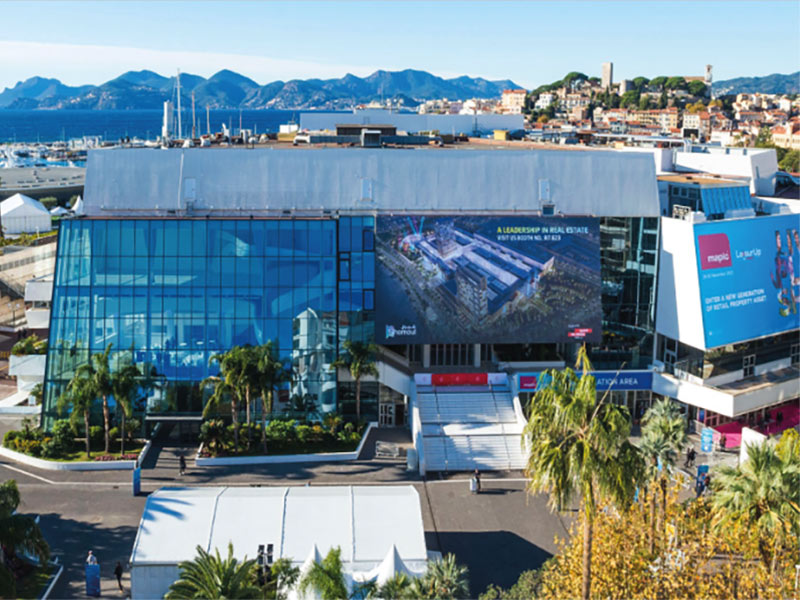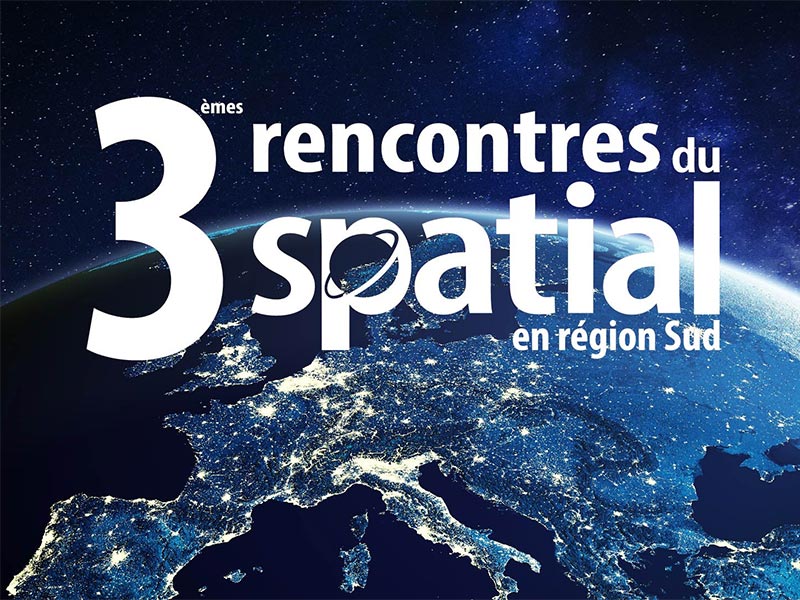European Council : Nice after Rome, Maastricht and Amsterdam?
Nice European Council, held between December 7th to 9th, might lead to the fourth Treaty of the European Union concerning an institutional reform being necessary due to an enlargement of Europe.
A conference promising to be historical (program available on the website /www.presidence-europe.fr"> www.presidence.fr). From 7 to 9 December 2000, Nice could be part of the European history, on the same base as Rome, Maastricht and Amsterdam, cities where the three most important treaties have been signed. During three days ( perhaps four, an extension being possible on Sunday 5 December 2000), fifteen heads of State and Government of the Union, another fifteen applicants, and also ten ministers or so, hundreds of official delegation members, more than one thousand five hundred journalists will contribute to the European Council at Nice-Acropolis that will stand out at the end of the six-month French presidency at the head of the EU.Preparing a Union of more than 25 membersThis is an important conference since it could be the transition of a European Union of fifteen Member States to an enlargement of twenty five. At present, thirteen countries of Central, Oriental and Mediterranean Europe are applying for the Union. For their integration in ten years time, a reform of their institutions is necessary. Example given by Michel Barnier, European commissioner in charge of the regional policy and institutional reform : with unchanged treaties, the European Commission, the executive of the EU, main executive instrument of the Union, would be constituted of 35 members. Four times more than at the origin, institutions being established in the fifties, whereas Europe was constituted of 6 countries. Hence the possible risks of numerous problems and freezes.An institutional reform which, obviously, is not going to be settled without difficult talks. The tour of the President of the French Republic of the fourteen partners of France last week ( the first event of this kind ever), shows the importance given by Jacques Chirac on this matter. Among the more important subjects being discussed : the abolition of the right of veto in some of the fields (as the taxation and the social policy, the visa policy, the common business policy, the policy aiming to help less fortunate regions), the redefinition of the number of votes that each State has , the limitation of the number of European commissioners.The three days of the conference will be focused on these essential points which will be the possible solution to avoid the freeze of a larger Europe, ensure the balance between the most populated countries and the 'small' States and establish the rules of the new Europe to come. The other questions troubling the EU have been dealt with during the last months as the burning question of the taxation of savings or the agreement on social matters settled this week in Brussels. The success or failure of Nice European Council will only be appreciated according to this reform of the European institutions which is absolutely necessary.














